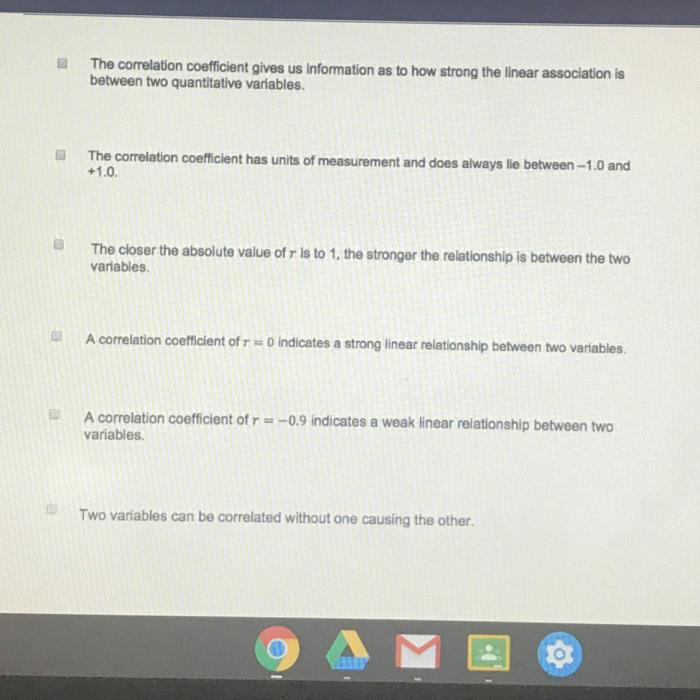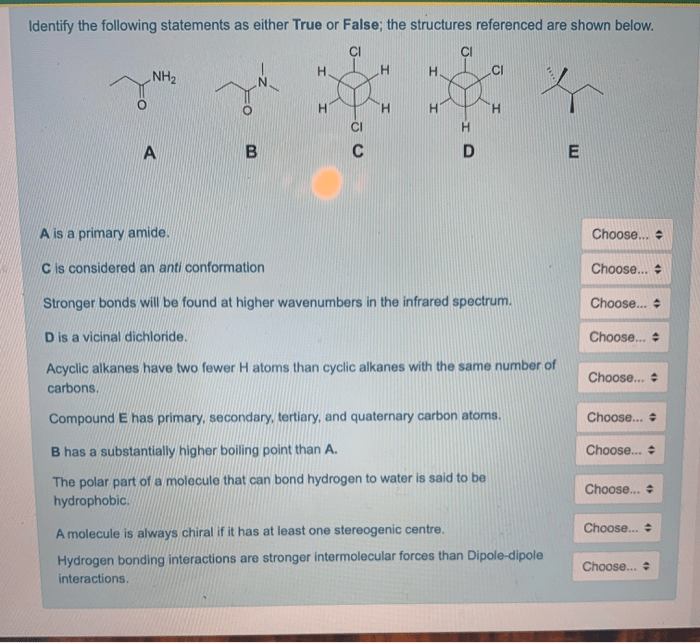Which of these following statements can be said about Venus? This intriguing question sets the stage for an in-depth exploration of the planet’s unique characteristics and its captivating history.
Venus, often referred to as Earth’s “twin,” presents a fascinating study in contrasts. While sharing similarities in size and mass, its extreme surface conditions, dense atmosphere, and lack of surface water set it apart as a world of its own.
Characteristics of Venus

Venus, the second planet from the Sun, shares striking similarities with Earth in terms of size and mass, earning it the nickname “Earth’s twin.” However, Venus possesses unique and extreme physical and atmospheric characteristics that set it apart.
Venus is slightly smaller than Earth, with a diameter of approximately 12,104 kilometers. It has a rocky composition, primarily consisting of silicates and iron.
Surface Conditions
Venus’s surface conditions are remarkably hostile, characterized by extreme temperatures and atmospheric pressure. The planet’s surface temperature averages around 462 degrees Celsius (863 degrees Fahrenheit), making it the hottest planet in our solar system. This intense heat is primarily due to a runaway greenhouse effect caused by the planet’s dense carbon dioxide atmosphere.
The atmospheric pressure on Venus is approximately 92 times that of Earth, equivalent to the pressure found at a depth of nearly 1 kilometer in Earth’s oceans. This immense pressure compresses the planet’s surface, resulting in a dense and crushing atmosphere.
Comparison to Earth

Despite its similarities in size and mass, Venus and Earth exhibit starkly contrasting environments. Venus lacks oceans, continents, and the diverse geological features found on Earth.
Atmosphere and Climate, Which of these following statements can be said about venus
The atmosphere of Venus is composed primarily of carbon dioxide (96.5%), with traces of nitrogen (3.5%) and other gases. Unlike Earth, Venus’s atmosphere lacks oxygen and water vapor, making it inhospitable to life as we know it.
The dense carbon dioxide atmosphere traps heat, creating a runaway greenhouse effect that has resulted in Venus’s extreme surface temperatures. The planet’s lack of surface water is attributed to the high temperatures and the absence of a magnetic field, which would protect the planet from solar radiation.
Exploration and Missions: Which Of These Following Statements Can Be Said About Venus

Exploring Venus has been a challenging endeavor due to its harsh surface conditions. Notable missions include the Soviet Venera program, which successfully landed several probes on the planet’s surface, and the American Pioneer Venus Orbiter, which mapped Venus’s surface and atmosphere.
In recent years, the European Space Agency’s Venus Express mission provided valuable insights into Venus’s atmosphere and surface composition. Ongoing research efforts continue to unravel the mysteries of this enigmatic planet.
FAQ Resource
What makes Venus unique among the planets?
Venus stands out due to its extreme surface conditions, including high temperatures and atmospheric pressure, as well as its dense and carbon dioxide-rich atmosphere.
Why is Venus often referred to as Earth’s “twin”?
Venus and Earth share similarities in size, mass, and density, leading to the nickname “Earth’s twin.” However, their contrasting environments make them distinct worlds.
What are the challenges of exploring Venus?
Exploring Venus poses significant challenges due to its harsh surface conditions, extreme temperatures, and dense atmosphere, which make it difficult for spacecraft to operate and survive.